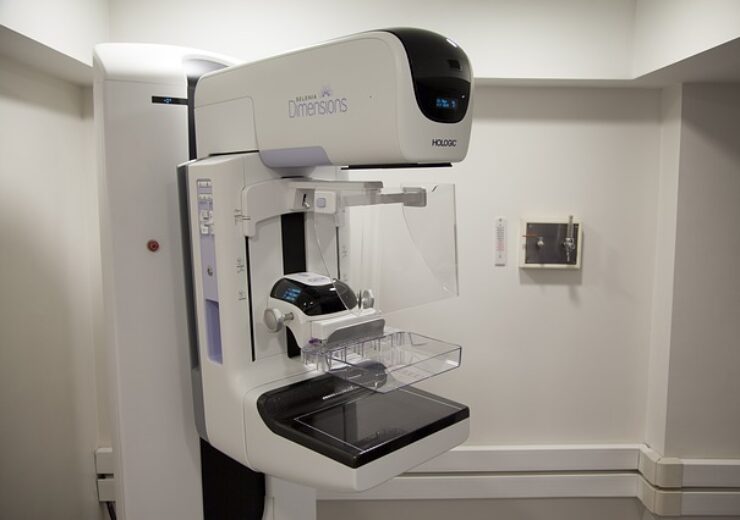The models will be aimed at narrowing the assessment gap and improving the patient experience

AI models will be explored for a reduction in the time to diagnosis. (Credit: Elías Alarcón from Pixabay)
Google Health has partnered with Northwestern Medicine to explore the use artificial intelligence (AI) in breast cancer screening.
The collaboration will see the initiation of a new clinical research study to explore AI models that could lead to a reduction in the time to diagnosis.
The AI models will be aimed at narrowing the assessment gap and improving the patient experience.
In the US, approximately 40 million women undergo breast cancer screening annually, using a procedure called mammography. Obtaining initial screening results take days or weeks, causing a nerve-wracking experience for some who undergo screening.
Google Health said that women who elect to participate in the study may have their mammograms reviewed by an investigational AI model.
If scans show a higher likelihood of breast cancer, the AI model will flag them for immediate review by a radiologist, the company said.
The study participants are also allowed to undergo further imaging on the same day, if a radiologist determines that it is needed.
According to Google Health, the clinical research study will assess whether the prioritisation could lessen the waiting time to get a diagnostic assessment.
Northwestern Medicine breast imaging chief and Northwestern University’s Feinberg School of Medicine women’s imaging in radiology vice chair Dr. Sarah Friedewald said: “Through this study, Northwestern Medicine aims to improve the excellent care we deliver to our patients every day.
“With the use of artificial intelligence, we hope to expedite the process to diagnosis of breast cancer by identifying suspicious findings on patients’ screening examinations earlier than the standard of care.
“Every patient in the study will continue to have their mammograms interpreted by a radiologist, but the artificial intelligence will flag and prioritize patients that need additional imaging, facilitating the flow of care.”
The new study builds on previous research that was undertaken to assess the AI use in supporting radiologists to spot the signs of breast cancer more accurately.
The research demonstrated that potential of AI models to analyse de-identified retrospectively collected screening mammograms with similar or better accuracy than clinicians.
Recently, Google Cloud and medical technology company Hologic have announced a partnership to integrate Google Cloud’s machine learning (ML) technologies with Hologic’s Genius Digital Diagnostics system.


